Broad match modifier is about to disappear from Google Ads – driving major changes in SEA targeting
Phrase match will replace broad match modifier – significantly affecting how advertisers manage their search campaigns
On February 4th 2021, Google announced a rule change for keyword match types available in advertisers’ paid search campaigns in Google Ads.
From February 18th, exact phrase and broad match modifier (BMM) have both appeared in users’ searches, with phrase matching scheduled to replace BBM altogether come July.
Google has said the update will improve users’ understanding of customer intent and help advertisers better reach their target audience in a climate in which the number of searches is skyrocketing (due to an increase in the number of existing queries).
The upcoming changes make phrase match a crucial feature. The algorithm will now observe the order of the keywords in the search queries; this evolution will benefit advertisers by displaying their sponsored links in relevant search results.
For example, let’s say an advertiser is currently using BMM on the keywords ‘cheap + flight + from + Paris + to + Reykjavik’.
The advertiser’s sponsored links might appear in search results for ‘cheap flight from Paris to Reykjavik’, but these ads could also show up in searches such as ‘cheap flight from Reykjavik to Paris’ – the opposite of what this particular user is looking for. With the changes announced by Google, this will no longer be the case.
Account managers will potentially save precious time managing their keywords; however, they will have to adapt how they currently structure their search campaigns to maintain a similar level of performance.
The key issue is that, with the phasing out of BMM, advertisers are losing a form of safety net; using wide matches (by ‘freezing’ one or more terms of a keyword to control the queries that can be triggered by that keyword) on broad targeting was seen as a practical solution for controlling how ads were displayed in search results.
或者他们可以使用广泛匹配,这可能会因为在太多的非相关搜索结果上显示他们的广告而降低他们的活动表现。这是在谷歌关于搜索查询报告的信息有限的背景下进行的。
或者他们可以使用广泛匹配,这可能会因为在太多的非相关搜索结果上显示他们的广告而降低他们的活动表现。这是在谷歌关于搜索查询报告的信息有限的背景下进行的。
This evolution will be particularly challenging for advertisers that currently rely on search ads for marketing purposes, especially for brand protection, and those that have not implemented an auction strategy.
It seems unlikely that advertisers will want to seriously reduce the number of opportunities to appear in searches, so it would appear that Google’s objective is to push them to use broad match.
这意味着广告商现在需要信任谷歌的智能竞价算法(据说是基于每个查询的许多不同信号),此举被许多人解读为除了被进一步卷入谷歌的数字营销生态系统外没有什么选择。
All this highlights that search engine advertising (SEA) is at a crossroads. The battle is no longer about knowing which keywords to bid on, or even how to appear first in the results, as was the case a few years ago. Keywords are starting to become secondary, just another targeting tool (albeit one still based on audience intent).
Marketers that learn how to use audiences as a primary starting point in their paid search strategy will emerge on top. Advertisers will have to become more customer-centric and be able to provide accurate and personalised results to search queries. They will have to compensate for the loss of information on users’ requests with relevant data, such as user identity and user interest.
Options for ad customisation are still unclear, particularly in view of the limitations of the current ‘ad customiser’ and ‘if’ audience features (mainly in terms of redirection capabilities). But given the widespread push towards consumer privacy in the ad industry, it seems unlikely that the status quo will change significantly.

对数据咨询 | 数据与数字营销 | 数字商务感兴趣?
阅读我们的月度时事通讯,从我们全球的数据专家那里获得可行的建议、见解和商业案例!
 NEWS
NEWS


